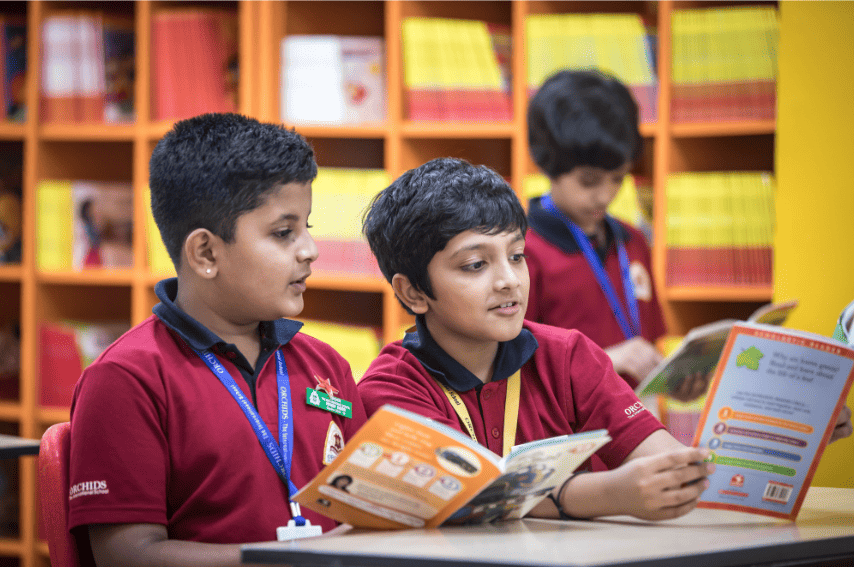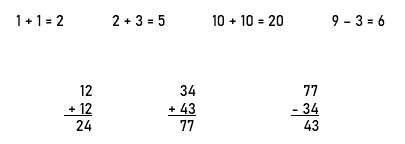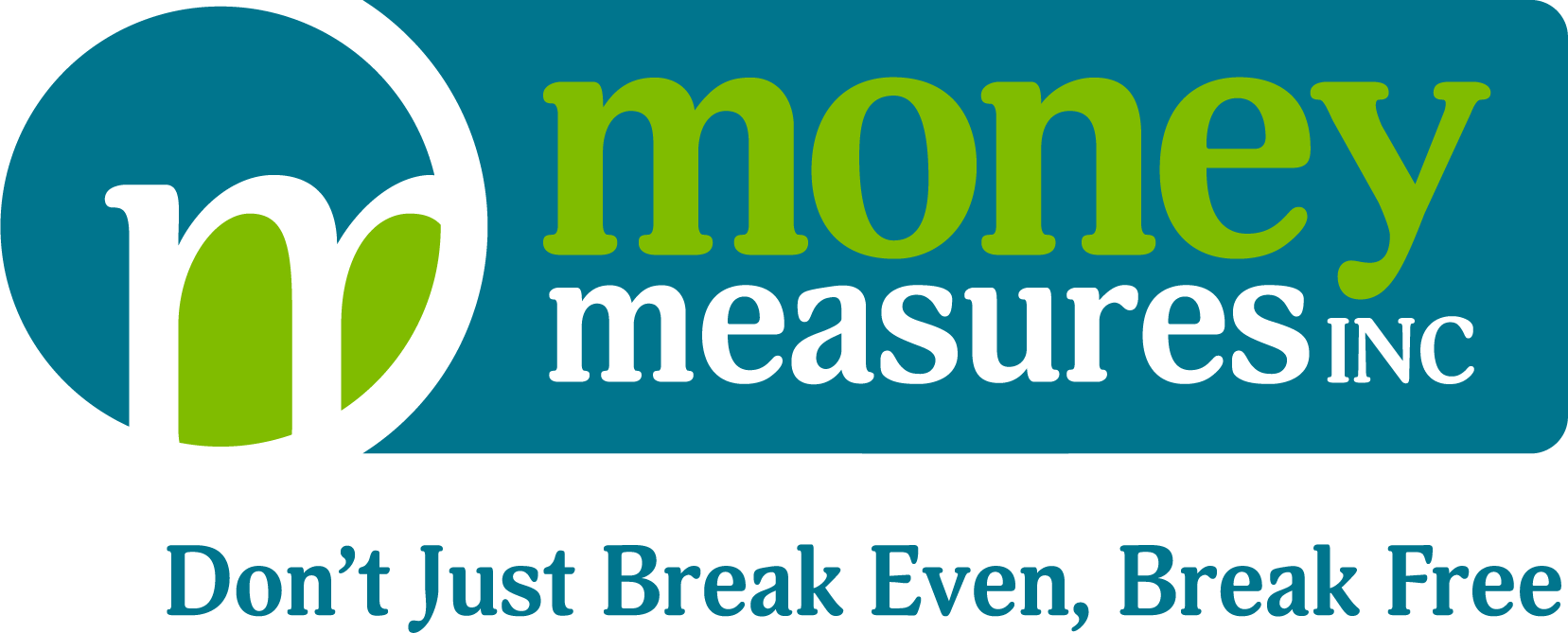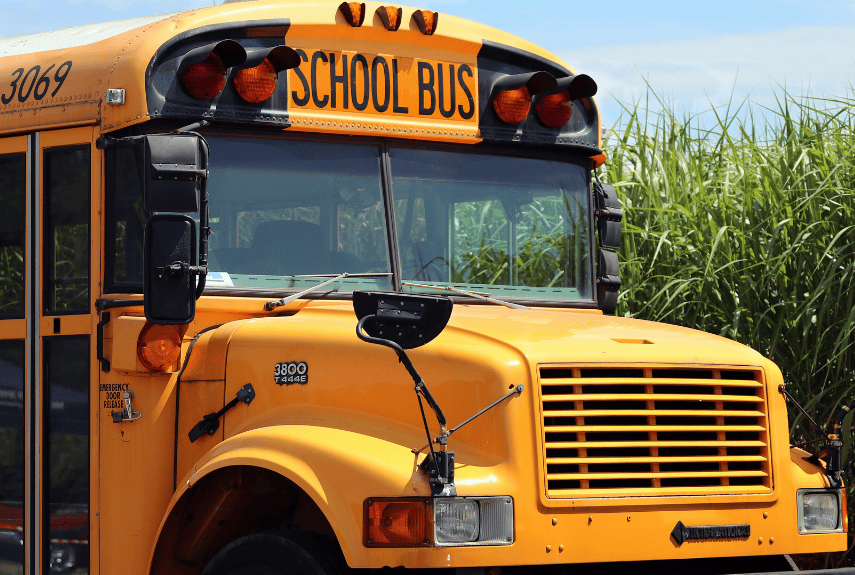If you consider the basic skills to be “just reading, writing, and arithmetic” read on. There’s more to these than meets the eye.
The need to learn these skills is undeniable.
- Being able to read and write makes it possible to communicate in written form.
- You can work out how much money you should get back when you pay with cash if you know how to add and subtract.
- When you are buying food for more than one person, knowing how to divide and multiply makes it possible to work out what it costs to feed each person.
These are just a few examples.
However, there is another aspect of learning these skills that tends to be overlooked and undervalued. I’m referring to the problem solving that’s involved with learning how to read, write and do the math. Solving problems is a key ingredient when it comes to critical thinking and making decisions about everything from money to relationships.
I know most kids will eventually “get it” when it comes to the basics of reading, writing, and arithmetic, but the basics only allow people to survive and get by. Knowing only the basics will make it a challenge to thrive.

Kids may be involved in sports, board games, and other activities that involve problem solving. However, these shouldn’t be considered a replacement for reading, writing and arithmetic as a way to develop problem-solving skills.
Getting kids on the path to making good decisions and being critical thinkers begins with helping kids do more than get a passing grade at reading, writing and arithmetic.
Let’s talk about the numbers game first
A progressive approach is used to teach kids about math and money.
Kids learn to count from 1 to 10 and eventually from 1 to 10,000 and beyond.
Somewhere between counting from 1 to 10 and counting from 1 to 10,000, kids learn to add and subtract single-digit and double-digit numbers.

Dollar signs get added along the way. If you have $5 and receive another $5, that becomes $5 + $5 = $10.
Then the numbers get bigger. Adding involves carrying numbers and subtracting involves borrowing numbers.

At some point, kids learn algebra.

I’ve heard from multiple sources recently that people don’t know how to balance the cheque book, reconcile a bank account and budget. I believe kids are smarter than we give them credit for. They can learn to do these while they are still kids.
All that’s needed is to label the numbers, put them in a different format and add some color. Here’s how it would work using the above numbers.

If the information is from the past, then you have reconciled your bank account. If the information is related to future spending, then you have done a spending plan and cash flow projection. Your kids will finish elementary school knowing the basics about personal finance.
If kids make money doing odd jobs or babysitting and they have some autonomy over spending the money they make, have them do this exercise. Tip: Don’t tell them you want them to practise algebra. Also, it wouldn’t hurt to give a few nudges at this point and suggest they think about the big-ticket items they want as well as the need to save money for the big-ticket items.
Communication skills
I hated giving speeches in school because I feared public speaking. A mentor said I really needed to overcome this fear, so I joined Toastmasters. https://www.toastmasters.org/
I learned in Toastmasters that a humorous speech is as much about the delivery of the punch line as it is about the story that’s being told. I’m in awe at how some people deliver a punch line. In social settings, I hear different people tell the same jokes. The person saying the punch line perfectly gets laughter. The same joke falls flat when somebody stumbles over the punch line.
Knowing what to say and how to say it comes naturally to some people. It involves a specific kind of problem solving that’s difficult for many people. It’s an important piece, though, because what you say and how you say it determines whether you can build a rapport with people or whether you’ll cause a disconnect when you speak.

Someone told me that people who can’t find the words to express their feelings use profanity to get the message across. They’ll risk alienating you rather than have you forget what they say.
Body language also matters. Facial expressions, hands, eye contact, and how you stand all impact how you and your message are received.
There should be role playing in school. Have students act out scenarios where the potential for conflict exists. Other students can watch how things play out and then make suggestions on what can be said and done differently to avoid conflict. Reasoning skills, problem solving and conflict resolution are at work here and are important life skills.
What you say and how you say it matters. It begins with taking reading and writing seriously and striving to get more than a passing grade.
In summary
Don’t consider the basic skills to be “just reading, writing and arithmetic”. You’ll be doing your kids a big favor by helping them get more than just a passing grade. These fundamental skills and the problem solving abilities that come with them lay the foundation for building strong relationships, managing conflicts, finding a job, and being financially fit.
“The future depends on what you do today.” – Mahatma Gandhi
Ontario heads to the polls in the coming weeks for municipal elections. This includes the election of school board trustees.
It’s important to do some research and learn where the school board trustee candidates stand on the issues that impact the education that our current generation of children receive. To get you started, here is a link to the 2022 Ontario Municipal & School Board Elections website. From this website, you can select the school board for your jurisdiction and find out who the candidates are for school board trustees and what they believe in.
https://elections.ontarioschooltrustees.org/2022Election/Search.aspx
To learn about the products and services offered by Money Measures, call 1-877-352-5360, visit our website https://moneymeasuresinc.com/ or e-mail [email protected].



